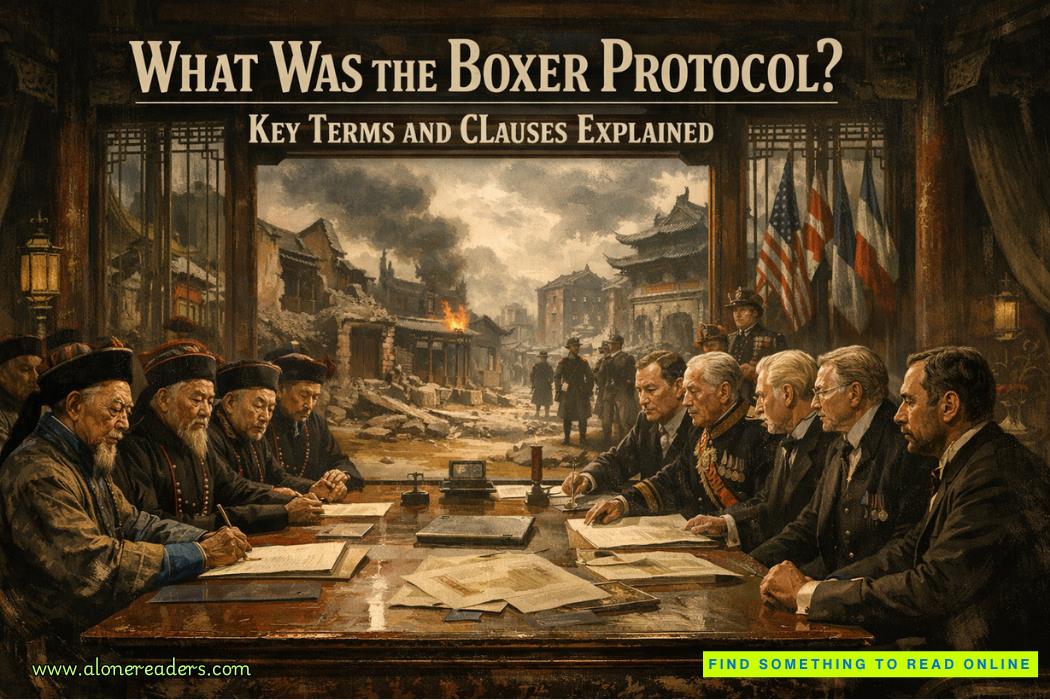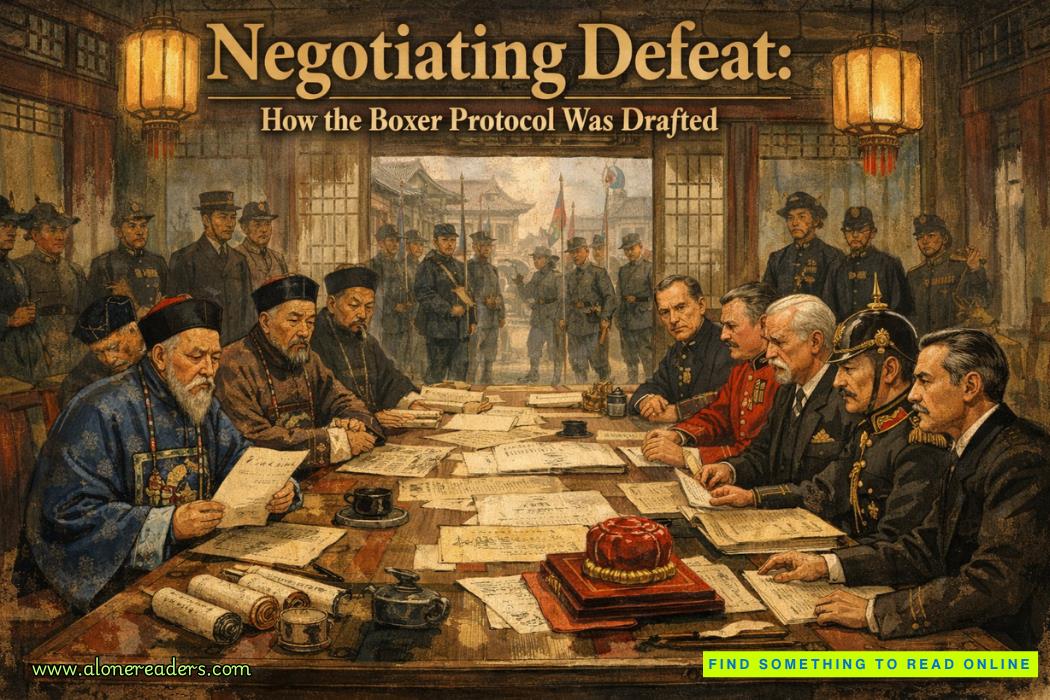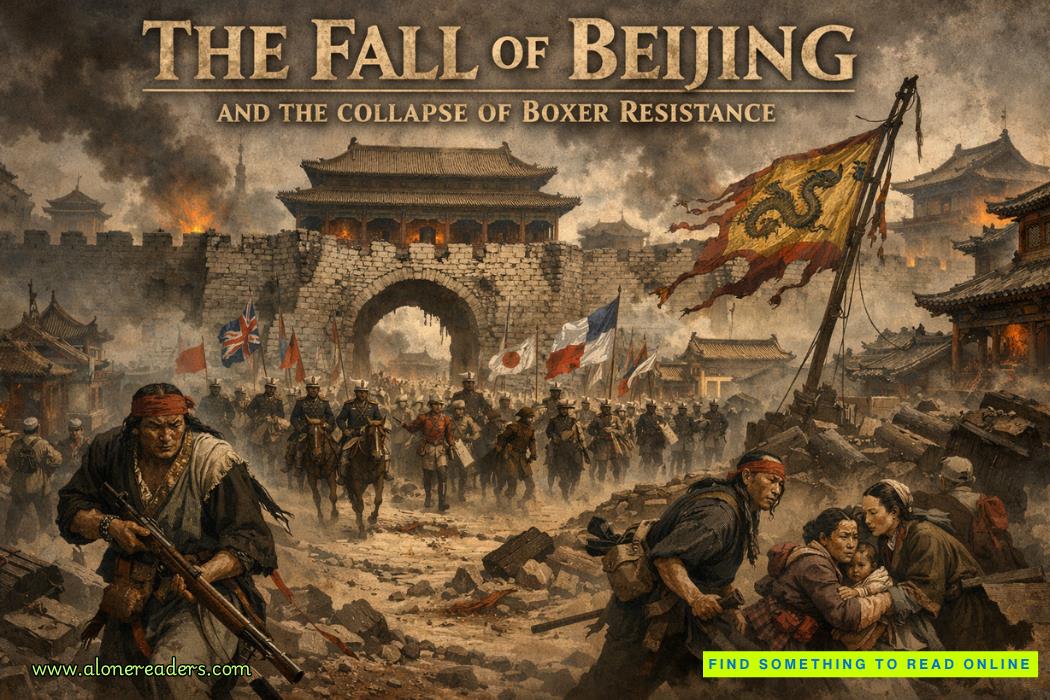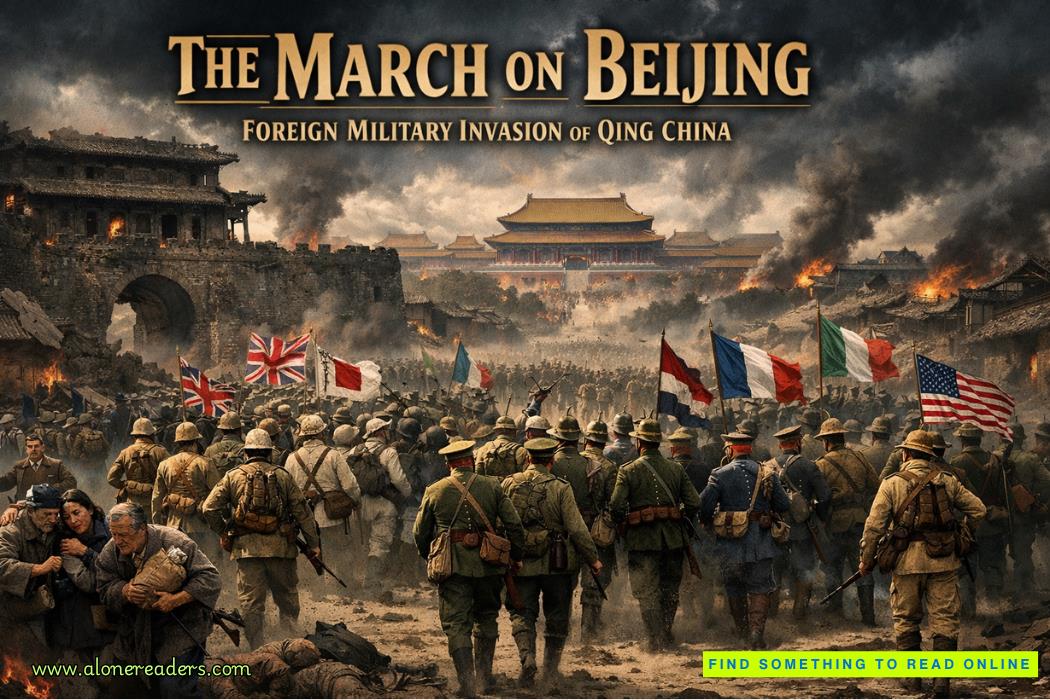His father winced, though Gabriel doubted the man had a heart to wound. “Son, this need not be overly affecting. Of course the situation is regrettable—”
“Is it, Father?Isit?” A hoarse laugh scraped out of his throat, a terrible parody of amusement. “As I see it, you’ve gotten exactly what you wished—a line untainted by common blood. And all it cost was an innocent young woman andmy child.” He shoved himself out of his chair. “Good riddance to you, Father. May you revel in the dying gasp of the Newsom family, for you may be certain that I shall not be propagating it any further. The whole wretched lot of us can die out.”
“Now, Gabriel,” the duke said, rising from his own seat. “You don’t mean that. Why, there’s dozens of perfectly eligible girls out—lovely, well-bred, suitable girls. You could still have Lady Elaine, I suspect, now that the fear of bigamy is put to rest at last. Only tell me who you want, and I shall—”
“Iwantmy wife and child,” Gabriel snarled. “And as I doubt evenyoucould performthatparticular miracle, there is nothing left to say to one another.”
And with that decisive parting shot, he stormed out of his father’s home for what would no doubt be the last time.
∞∞∞
Thoughts of what his father had cost him haunted Gabriel on the ride back to his residence. Though he’d tried to escape them with an overabundance of liquor last evening, it seemed his efforts had won him little more than the typical illness that followed such activity. He might have thought himself in the grip of another migraine, if not for the fact that his head pounded but did not feel as if it were being split apart by an axe.
Mrs. Hotchkiss—Claire—had been right to send him up to bed with the willow bark tea, and though he had been annoyed with her high-handed condescension, in the cold light of day when he had at last risen, he had been almost grateful for it.
He had thought, also, that given the bent of his guilty musings, his shadow girl would have visited his dreams. That perhaps now that he knew her as Catherine she would be clearer, bringing with her the rest of his fragmented memories. That though he might have failed her in life, at least he might honor her memory.
Instead she had been supplanted by his housekeeper. Perhaps his damaged mind had grown confused—it stood to reason that it wished to fill in the gaps, and would do so with whatever was convenient. Andconvenient, at the moment, was Claire Hotchkiss—the woman he had, weeks ago, pulled into his arms in a desperate bid to make real the woman of his memories. At least physically she had fit, and perhaps the feel of her had been enough for his mind to latch on to, to overwrite with this version of reality the one he could not recall.
It seemed both unfair and disloyal, and it sparked a pit of guilt and shame somewhere deep in his stomach. That the wife he could not recall had died an agonizing death, alone, thinking herself unwanted and unloved, while he—
He had lived the last several years in relative comfort, and now found himself entertaining wicked fantasies of his housekeeper.
It was all in his head, of course. She was beautiful and convenient, and there was nothing more to it. His injured brain had confused the two women, and now Mrs. Hotchkiss’ censure felt rather like earning the same from his late wife. It was a visceral, gut reaction which would surely fade in time, and yet in the meantime he’d found himself doing things that would never have crossed his mind before now.
Seeing Mrs. Cartwright safely off into her retirement. Apologizing to the maid, Sukey, for throwing a book at her. Thanking Bradshaw for his assistance in helping him to bed.
Though he had never counted himselfcrueltoward his servants, neither had he been particularly kind. They were just servants, after all, and he paid them a good salary to maintain his home and perform their various roles, and he had never spent much time in consideration of the fact that they were indeedpeoplerather than fixtures necessary to keep his household running smoothly.
Westwood had been right. He’d been a selfish, unmitigated arse. And now that he had seen himself through someone else’s eyes at last, he found that he did not much like the portrait with which he’d been presented.
There were two of himself in his head. The man who had loved and lost, and the apathetic arse who had taken his dissatisfaction with his life out on anyone who had entered his sphere. With one body he could not be two people, and he wondered what Catherine would have thought of who he had become.
Presumably the man she had married had had goodness in him. She had wed the sort of man who carved his initials within a heart, the sort of man who must have loved her unreservedly. What would she have thought of the man he was now, the man who drank to excess and lobbed missiles at servants, who had driven away any man who might once have claimed friendship with him. Who had betrothed himself to a woman he had neither liked nor respected, simply in the service of thumbing his nose at Westwood.
Perhaps there was a way, yet, to honor her memory. To let go of his anger and instead give an honest attempt at being the sort of man shewouldhave approved of. Perhaps, in forming himself to a higher standard than that which he had lately, she could rest, finally, in the peace he had not given her in life.
∞∞∞
When the carriage pulled up the drive, Gabriel was surprised to find both Bradshaw and Mrs. Hotchkiss standing on the front steps.
“Stay here,” Bradshaw was saying to Mrs. Hotchkiss, “I’ll send a footman for a hack.” He squeezed Mrs. Hotchkiss’ shoulders gently in a consoling gesture that sent a strange skirl of jealousy through Gabriel.
As he alighted from the carriage, Gabriel tossed a staying gesture at the coachman, who would otherwise have taken the carriage and horses round the back to the coach house.
Mrs. Hotchkiss had been crying. He saw the evidence of it on her face, the faintly red-rimmed eyes, the streaks of moisture on her cheeks. Her lips trembled as she pursed them together and she stood, her shoulders held at an odd, resolute sort of angle. Her gaze skirted away from him, dropping to the steps in an effort to avoid looking directly at him.
“What has happened?” he inquired.
She drew a steadying breath. “My lord,” she said, “please forgive me, but I—I have a…a personal matter to which I must attend. I realize it is inconvenient, but if I might switch my half day on Saturday for today—”
“That’s not what I asked.” His eyes flitted to the scrap of paper clutched tight in her fist. “What has happened?” he repeated.
Her fingers clenched harder round the note, and her chin rose a notch. “A personal matter,” she insisted. “It requires my immediate attention.”
Housekeepers did nothavepersonal matters. They performed their duties and collected their wages and they never,everlet their personal lives—such as they were—interfere with their work. But that was the sort of attitude that would have been espoused by the man he had determined to trynotto be.
“A hack will take some time to locate,” he said. “You must take my carriage.”















